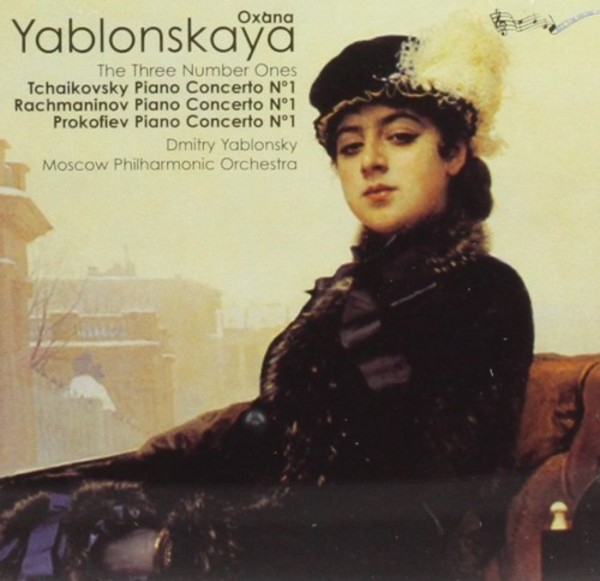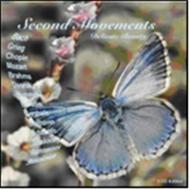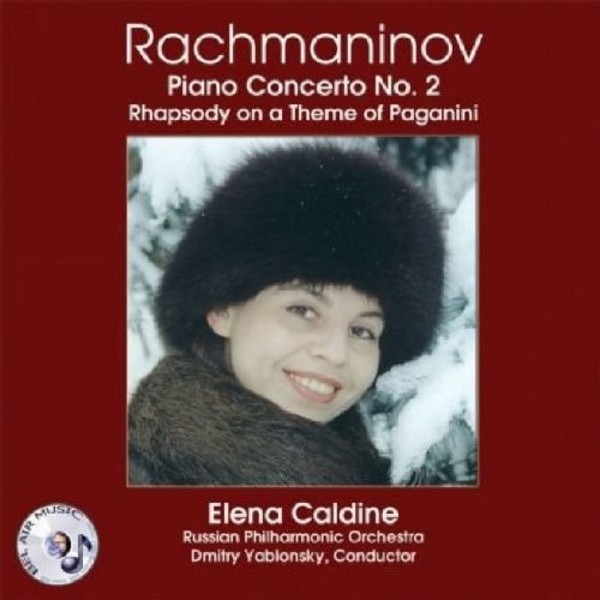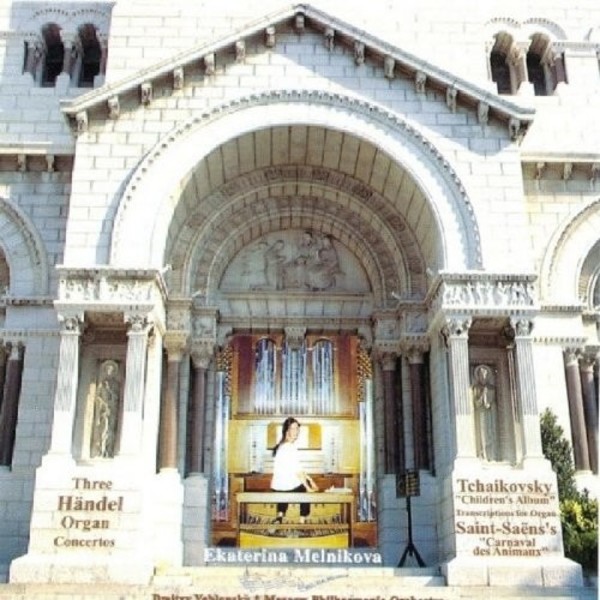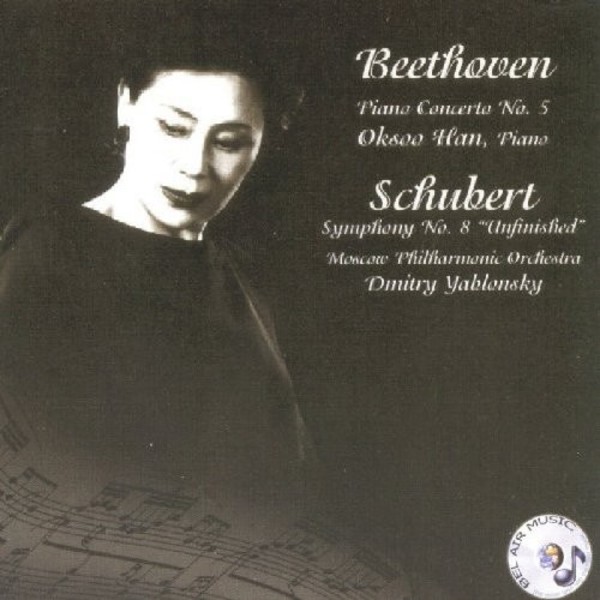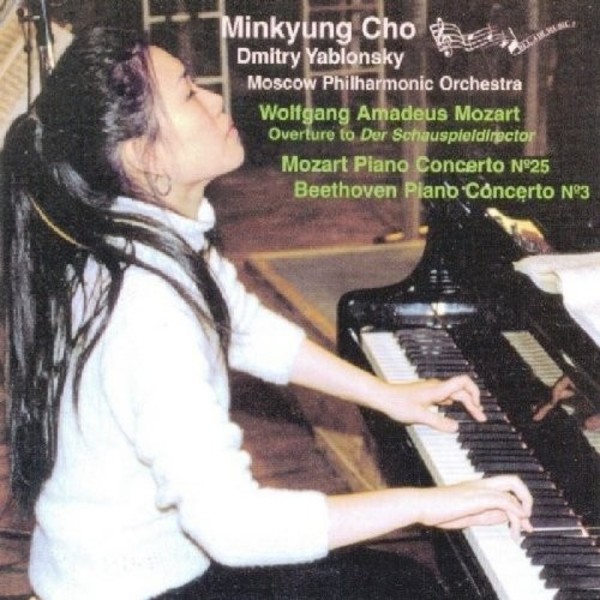Tchaikovsky, Rachmaninov & Prokofiev - First Piano Concertos
£9.05
Usually available for despatch within 2-3 working days
Despatch Information
This despatch estimate is based on information from both our own stock and the UK supplier's stock.
If ordering multiple items, we will aim to send everything together so the longest despatch estimate will apply to the complete order.
If you would rather receive certain items more quickly, please place them on a separate order.
If any unexpected delays occur, we will keep you informed of progress via email and not allow other items on the order to be held up.
If you would prefer to receive everything together regardless of any delay, please let us know via email.
Pre-orders will be despatched as close as possible to the release date.
Label: Bel Air Music
Cat No: BAM2017
Barcode: 5705604020175
Format: CD
Number of Discs: 1
Genre: Orchestral
Release Date: 22nd December 2008
 FREE UK SHIPPING OVER £30!
FREE UK SHIPPING OVER £30!